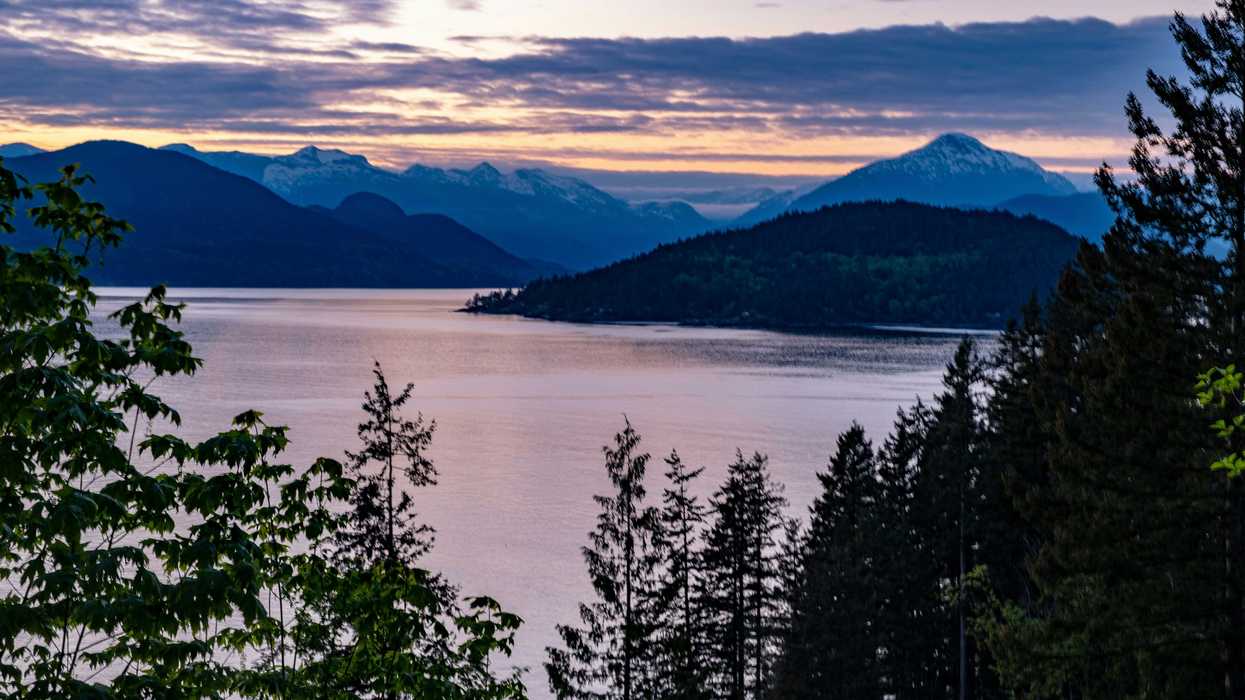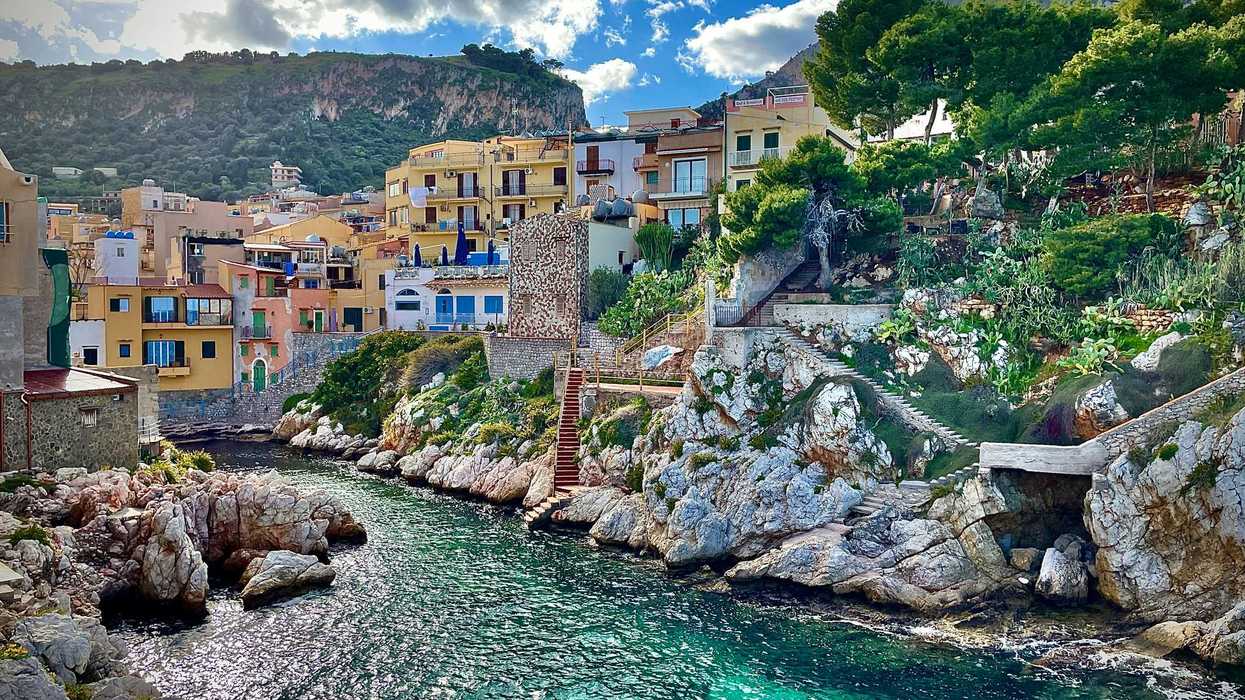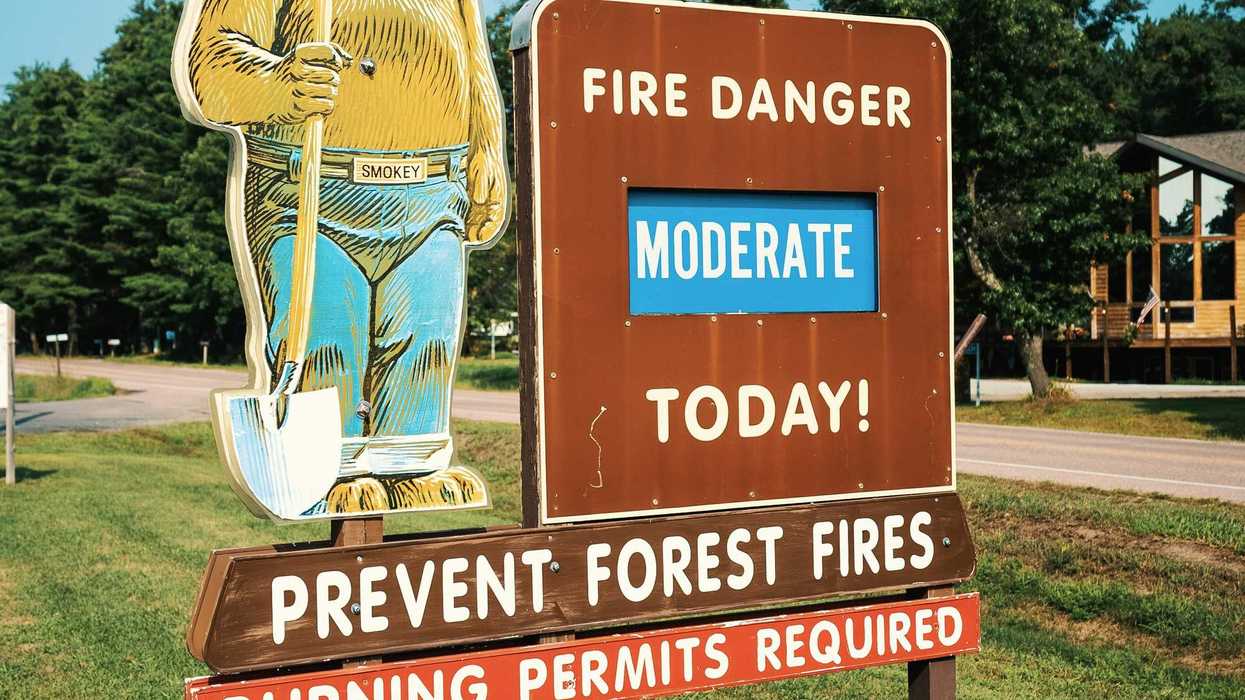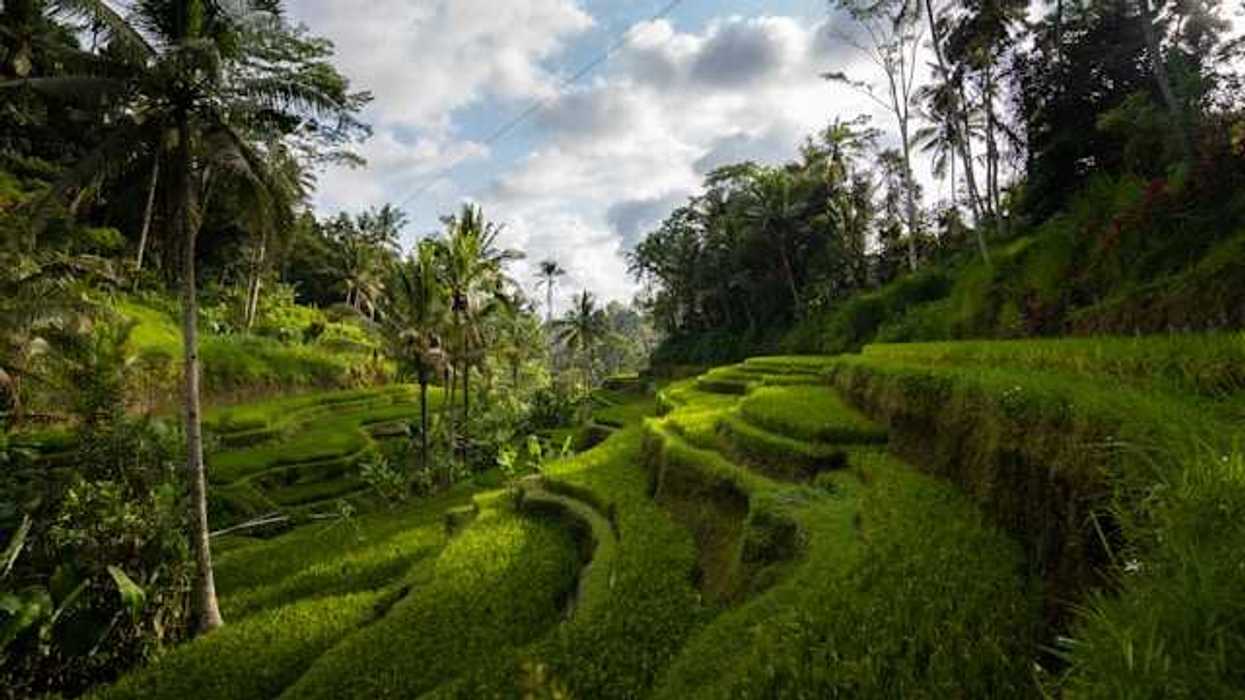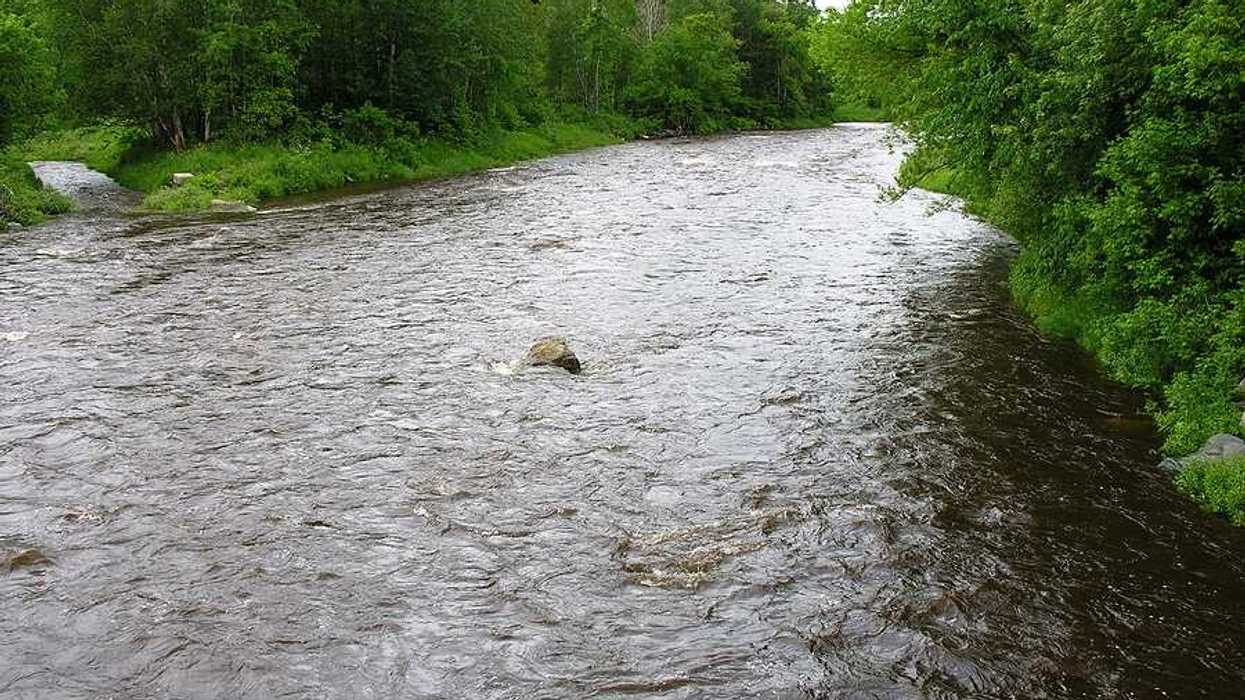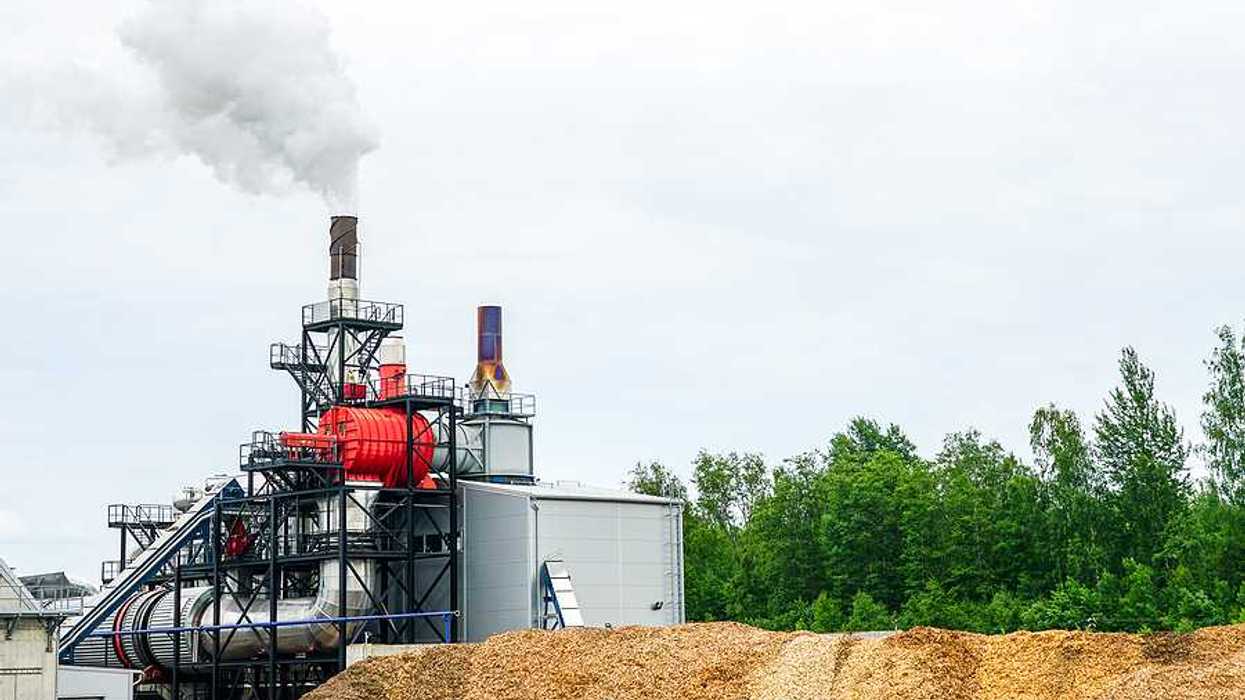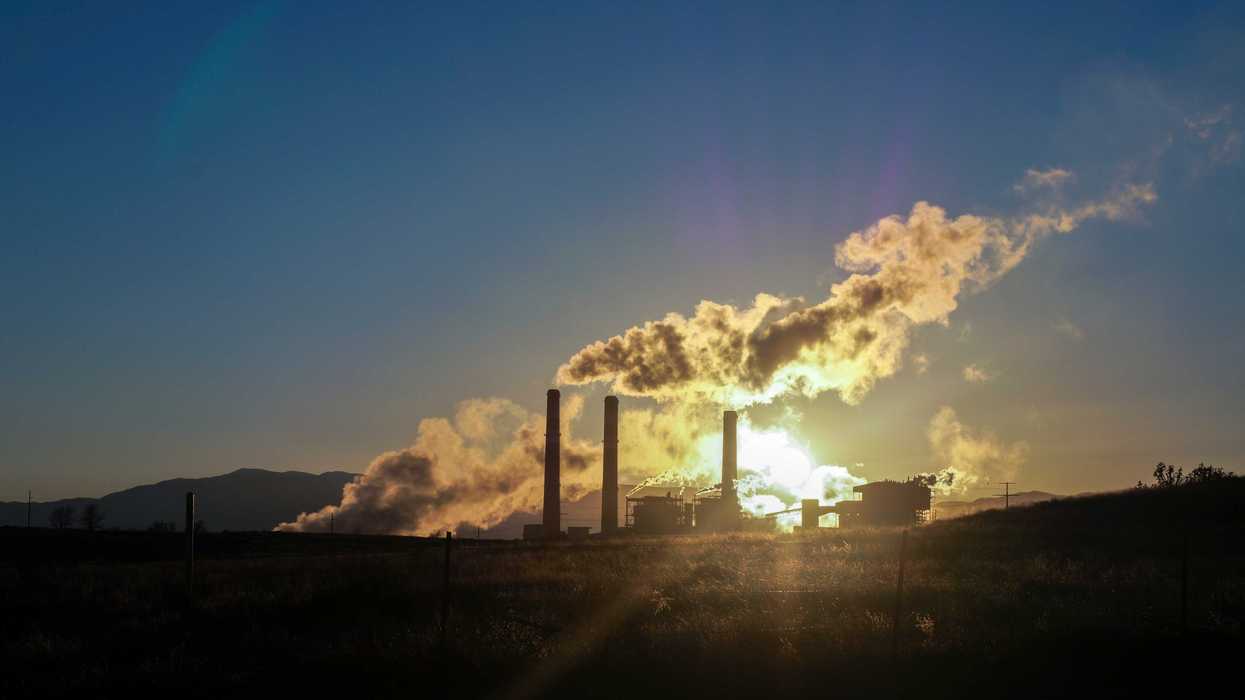The British Columbia government’s decision to allow a controversial natural gas pipeline to move forward has sparked fierce opposition from Indigenous leaders who vow legal and on-the-ground resistance this summer.
Matt Simmons and Shannon Waters report for The Narwhal.
In short:
- The B.C. Environmental Assessment Office ruled that the Prince Rupert Gas Transmission (PRGT) pipeline had “substantially started” before its 2014 approval expired, despite route changes and limited construction work. This locks in its environmental clearance indefinitely.
- The 800-kilometer pipeline, co-owned by the Nisg̱a’a Lisims Government and Texas-based Western LNG, would cross over 1,000 waterways, including crucial salmon habitat, to feed a planned liquefied natural gas (LNG) export facility near the Alaska border.
- The Gitanyow and Gitxsan Nations, among others, strongly oppose the pipeline and plan to escalate efforts in court and on the ground to halt construction, citing environmental, jurisdictional and climate concerns.
Key quote:
“This decision makes a mockery of the true purpose and intent of what is considered to be a ‘substantial start’ for major infrastructure projects.”
— Naxginkw Tara Marsden, Wilp Sustainability Director, Gitanyow Hereditary Chiefs
Why this matters:
Pipelines like PRGT are flashpoints in broader fights over Indigenous sovereignty, climate policy, and fossil fuel infrastructure. The project’s approval renews tension between the B.C. government’s climate promises and its backing of LNG development. Methane, the main component of natural gas, traps heat far more effectively than carbon dioxide, making its extraction and export a major contributor to global warming. For salmon-dependent ecosystems and the First Nations communities that rely on them, risks from construction and spills are acute. Meanwhile, legal and physical resistance signals continued friction as climate policy collides with economic and political interests.
Related: Thousands of potential oil and gas violations in B.C. went unpenalized, internal records show


